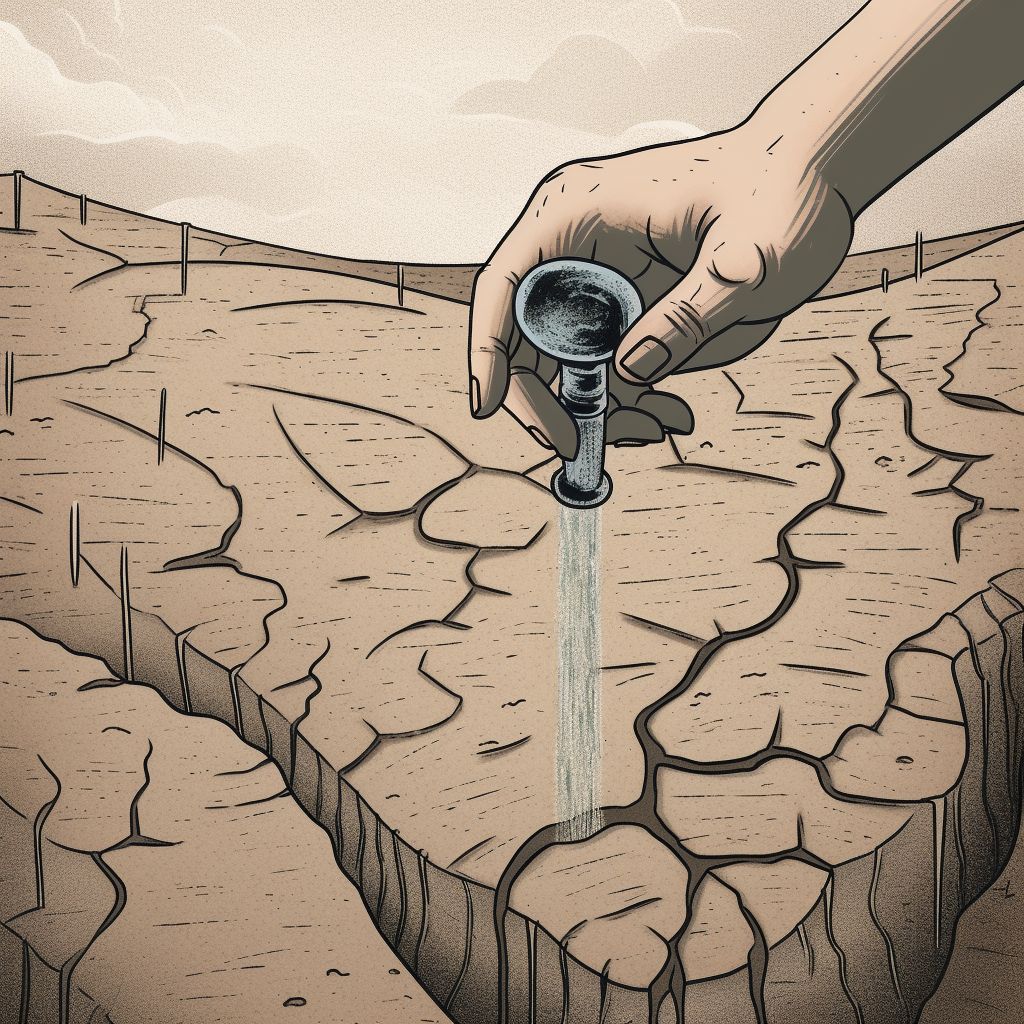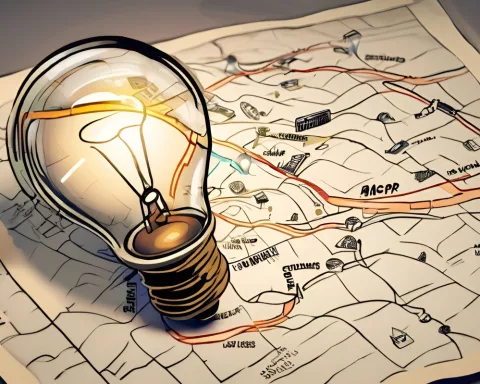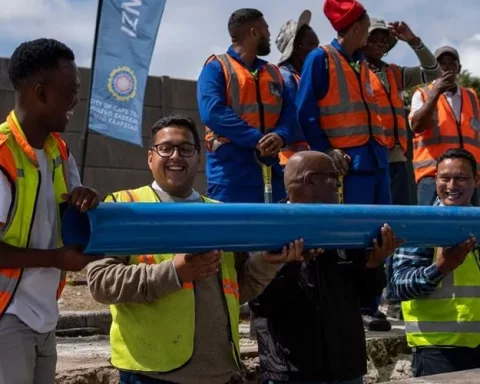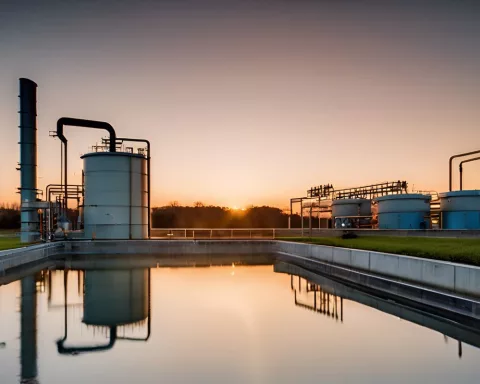Deputy Ministers David Mahlobo and Judith Tshabalala recently reaffirmed the South African government’s commitment to ensuring equitable water supply and dignified sanitation for all citizens. Their statements align with the country’s constitution and Minister Senzo Mchunu’s proposed budget for the 2023/2024 fiscal year.
Water Scarcity Challenges Faced by South Africa
Deputy Minister Mahlobo highlighted the challenges of water scarcity in South Africa, exacerbated by frequent droughts and a growing population and economy. He emphasized the importance of strategic changes in water management and conservation to tackle these challenges.
Standard Operating Procedures for Groundwater Resource Management
To address these challenges, Mahlobo revealed that the Department of Water and Sanitation has developed standard operating procedures for municipalities to manage and utilize groundwater resources. These guidelines cover several aspects, including groundwater planning, exploration, drilling, borehole testing, monitoring, operation, and maintenance.
Measures to Ensure Compliance with the National Water Act
Deputy Minister Tshabalala discussed the negative impacts of infrastructure vandalism, water pollution, and illegal water connections that obstruct service delivery in the water and sanitation sectors. She outlined measures to ensure compliance with the National Water Act, such as registration and authorization enforcement, penalties against illegal users, and capacitation of local municipalities in providing reliable water services.
Curbing Water Resource Pollution
Tshabalala also highlighted the Department’s efforts to curb water resource pollution, with notices, directives, and criminal charges being issued against polluters. Six case dockets have been handed over to the National Prosecuting Authority, resulting in fines for two municipalities guilty of water resource pollution.
Equitable Water Use Opportunities for Electricity Generation
Tshabalala acknowledged the effects of power challenges on water supply, stating that the Department has taken significant steps to ensure equitable water use opportunities for electricity generation. This includes public requests for applications from independent power producers to grant water use licenses for hydropower generation transparently and impartially. Additionally, expressions of interest have been sought to establish renewable electricity generation capacity and develop long-term off-take agreements.
Improving Access to Water and Sanitation Services
The government is also working towards improving access to water and sanitation services in rural areas, including providing access to clean drinking water, improving wastewater treatment facilities, and promoting the use of water-efficient technologies in farming and industry.
Inclusive Approach to Decision-Making
The government is committed to ensuring that all stakeholders, including the private sector, civil society, and local communities, are involved in decision-making processes related to water and sanitation management. This inclusive approach will lead to more sustainable and effective solutions for the country’s water challenges.
Collaborative Effort to Secure a Sustainable Future
Deputy Ministers Mahlobo and Tshabalala, together with Minister Mchunu, have pledged to use the allocated budget for the Department in compliance with the Public Finance Management Act’s guidelines. This collaborative effort aims to secure a sustainable future for South Africa’s water supply and sanitation services, working towards achieving the country’s vision of equitable access to clean water and dignified sanitation for all citizens.












